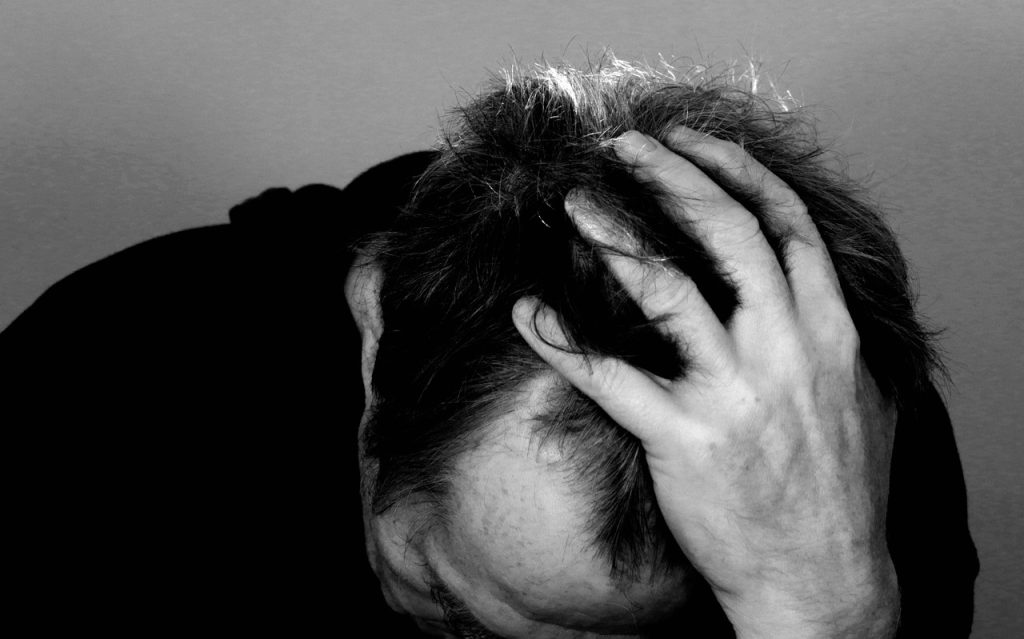Once you start abusing substances, everything else in your life becomes a lesser priority. This type of thinking makes it difficult to make decisions that impact your personal growth. Before an individual begins abusing substances, there are certain triggers that jumpstart the entire process.
1. Peer Pressure
Good peer pressure is when friends and family convince you to check into a substance abuse treatment center. Bad peer pressure turns into addiction by hanging around groups that continually takes drugs. It is awkward to be the odd person out of a group that stays clean. When friends or family begin to pressure you to ‘join in’, the entire experience becomes suffocating.
2. Stress
Stress creates many unusual outlets for coping. An evening glass of wine after work can easily turn into something more sinister. The stress aspect that leads to addiction is a slippery slope for many individuals with difficulties expressing their emotions. Drugs are never a good outlet, even if it is for short term relief.
3. Environmental Factors
If you grow up around heavy cigarette smokers, then chances are you are more likely to pick up the same habit. Environmental factors are not a guarantee of addiction, but they do hold tremendous value in when avoiding the same mistakes. Stay mindful of your environment and all of the side effects caused by addiction.
4. Mental Health Issues
PTSD, anxiety and depression are some common mental health issues that lead to addiction. Unfortunately, substance abuse strengthens the worst effects of mental health to create a vicious cycle of using. Even if you haven’t been diagnosed with a mental illness, there is still a chance that an underlying condition could lead to severe consequences.
5. Boredom
As mundane as it seems, boredom has been a key contributor to addiction. When curiosity is at its highest, trying new things seems like an innocent way to make things interesting. That makes access to drugs and a lack of meaningful activities a very dangerous combo.
6.Media Influence
In pop culture, drugs are glamorized to the extreme. This includes music, television, movies and even books. After years of anti-drug marketing against ecstasy, it is still a popular party drug, along with multiple new variants of different drugs. It’s not solely the messaging of media that makes drugs a bad influence on people. Instead, the prime influence comes from how an individual will try to emulate what they see in media as a way to elevate their own lives.
7. Self-Medication
Illegal drugs are not the only way an addict can get a fix. There are stories of a person being in tremendous physical pain and abusing their legally purchased prescription drugs. In rare instances, a mix-up with medication can lead to the beginning of a strong addiction. No matter what drug you take, addiction is always a possibility when it is misused.
It’s Never Too Late to Quit
There is always a way to beat addiction before it takes away everything you care about. Getting treatment is hard, and staying clean is harder. By staying strong, you’ll always be in control of the narrative of a positive future.


